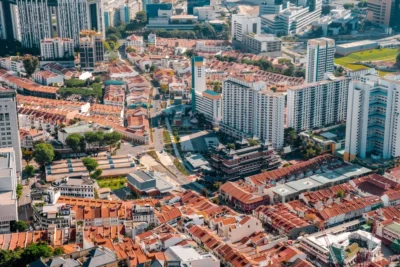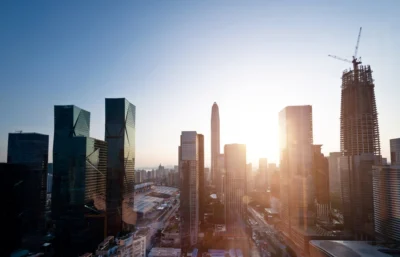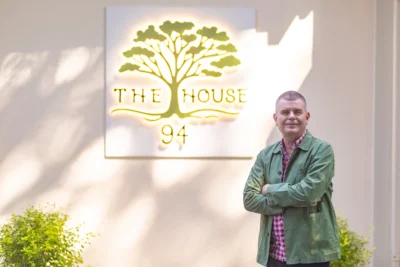How India can cope with the real estate slowdown
CREDAI outlines suggestions for property sector to transcend headwinds brought by liquidity crunch and onerous policies
All real estate loans should undergo one-time restructuring to help the Indian property sector. A dedicated fund should also be formed to expedite the completion of stalled housing developments.
These were just some of the recommendations made yesterday by the CREDAI (Confederation of Real Estate Developers Associations of India) at the New India Summit in Mysore, The Economic Times reported.
CREDAI’s calls for restructuring come as India faces a liquidity crunch. The demonetisation drive, the Real Estate Regulation Act, and GST have “cast the heavy burden of multiple transitions on the real estate sector,” the group said in a statement.
“The NBFC (non-banking financial companies) crisis has resulted in a liquidity crunch for the Indian real estate sector with even loans that have been sanctioned facing difficulties in disbursement.”
The setting up of a ‘Stressed Assets Reconstruction Fund’ for real estate can serve as last-mile funding for stalled projects, ensuring delivery of housing units to consumers, the group added.
In addition, the developers’ association suggested for housing authorities to reduce the GST rate levied on under-construction homes from 12 percent to 8 percent.
“In view of real estate being subject to both GST and stamp duties, there is a case that the rate of GST on real estate … needs to be reduced to 8 percent across all segments and not just for houses of up to 60 square metres,” CREDAI said in a statement.
Recommended
Foreign demand recalibrates in Southeast Asia housing markets
Even amid global headwinds, Southeast Asia’s property markets hold appeal for foreign buyers
Tariffs and turmoil test Singapore homes as suburbs hold firm
Foreign levies, regional wars, and buyer fatigue are putting pressure on the city-state’s housing market
Gulf luxury markets lure global capital amid policy shift
Gulf nations are shaking off a reputation for overt bling to lead a post-pandemic luxury boom
China housing slump deepens as oversupply drags prices
Concerns remain over surplus inventory built by troubled property developers as prices continue to fall across all but a handful of major cities









